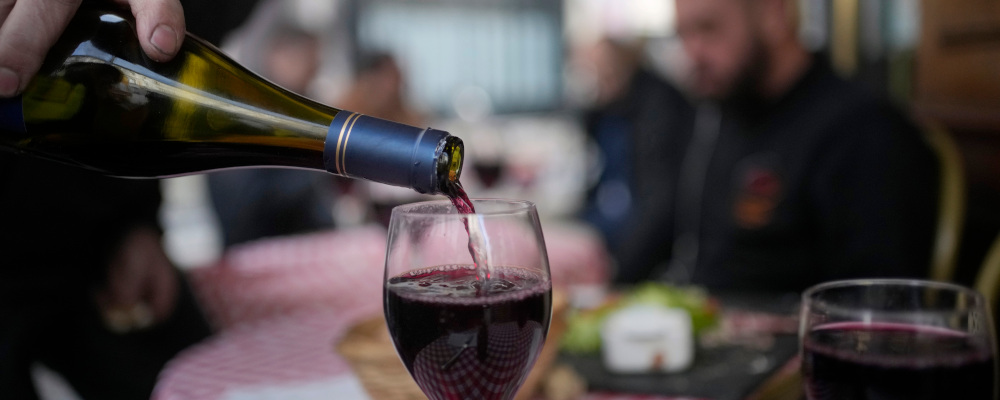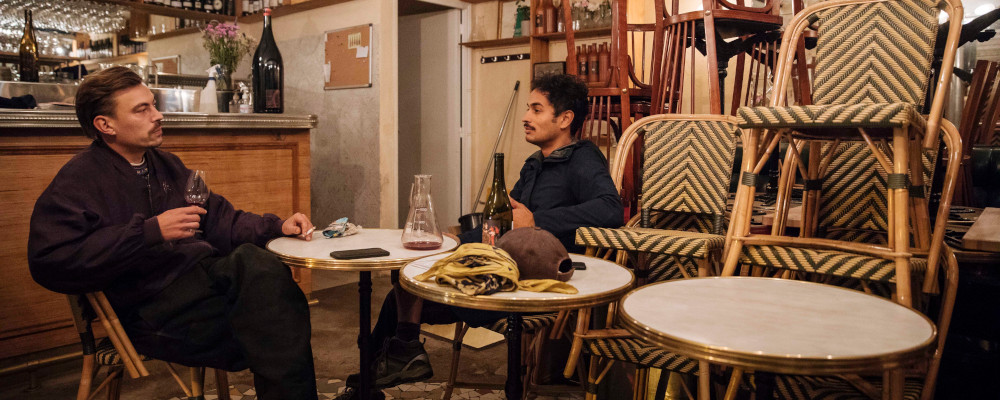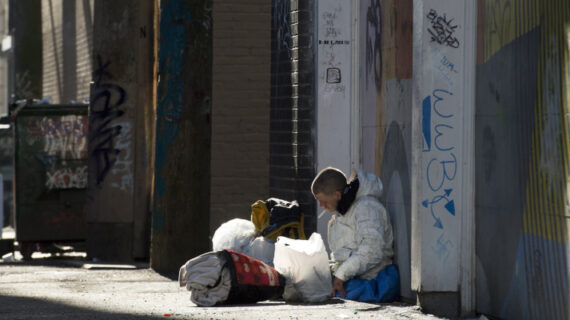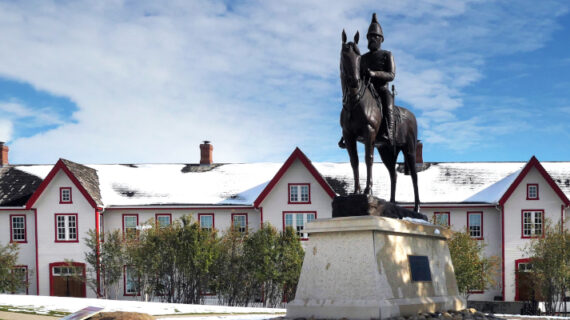By the time this column is posted to The Hub, it will be nearing the middle of the day in Paris. If I survive the vagaries of post-pandemic air travel this week, and keep to my itinerary, I will be arriving for a 1 p.m. European Central Time reservation at a restaurant that has been continuously open for almost a century, and I will be thinking about what wine might go with whatever my wife and I are contemplating having for lunch.
Assuming we have not been seated next to the toilets or in a basement, nor have we unwittingly gravely insulted the staff of the restaurant, we should be settling into a pleasant couple of hours, and going through la carte des vins, which will be both a prelude to the larger pleasure of lunch and a small pleasure in of itself. It will also be relatively straightforward, since we will be in a French restaurant, in the capital of France, chasing a French wine to go with French food.
This ought to be fun. For a combination of accidental and purposeful reasons, I hold a pretty firm knowledge of French wines. I have a few myopic, if not actually blind, spots, like the wines from Alsace, but even then I usually know enough to ask reasonably intelligent questions. The big guns, Bordeaux and Burgundy, come with a classification system built in, if you can afford the top tier. But I’ve spent the last 20 years of my professional life trying to find good-value wines from France, so the chance to play in the big leagues for a few days is exciting.

I am not above playing the greatest hits from Burgundy or Bordeaux, but I will be looking for things less likely to be found in Canada, at least outside of Quebec. I am thinking of the wines from the Loire Valley, particularly dry whites made with Chenin Blanc. For bigger dishes, I look for bigger wines, perhaps from Cahors in the Southwest, or particular villages in the Languedoc like La Livinière. Anything I can afford from the Northern Rhône Valley will be tried. But I don’t really know, and the sport will be as much in the discovery as in the expectation.
In The Food and Wine of France (2016), the American Francophile writer Edward Behr describes the interplay between customer and server, especially in the bistros of Paris. The difference between a pleasant experience and the less pleasant experience that all of us tourists dread, and anyone who has travelled in France has experienced at least once, is an understanding of the expected dynamic, and a sense of purpose between all parties:
The server knows you are there to accomplish something serious, even if that serious thing is pleasure, and it’s the server’s job to assist. The server shares the view that not only is the sensual an important part of life but even that it’s unbecoming for anyone not to know how to enjoy good food and drink. I’ve certainly never heard it spoken, and it sounds a little grand to say it, but the server seems to believe that knowing how to enjoy yourself at the table is a part of French civilization.
I’d like to think I know how to enjoy myself at the table; I certainly want to, which might be the broader point. Curiosity ought to be rewarded, if it’s combined with an appropriate amount of respect for the subject. A good demonstration of respect would be to show up with some minimal understanding of what’s trying to be accomplished. In other words, doing a little bit of homework.
Edward Behr is enjoyable gastronomical homework. He writes about food and wine, in his books and the newsletter-turned-magazine-turned-website he founded called The Art of Eating in a way that is both informative and takes the reader on an entertaining journey. The best writers find an elegant and balanced way of doing both, while those who have yet to find their voice often try too hard to be amusing while cramming their readers with a litany of facts culled from a website written by a PR.
A lot of information about wine seems to sit on opposite ends of a spectrum that spans from folkloric to statistical. Some numbers are helpful in understanding how or why a wine is like it is, like the elevation of a vineyard, or the rules an appellation imposes on its members, like how long, and in what, a wine must be aged before it can be sold.

Some folkloric information can be correspondingly helpful, like how long wine has been made in a specific place, and why. Though one wonders, for instance, how much the popes cared about the terroirs of Châteauneuf-du-Pape beyond their proximity to their palace. And can we ever be really sure if one group of vignerons or another truly invented rosé?
Most wine information seems to be directed towards the benefit of those who sell it. That makes sense. In the absence of being able to taste a wine, how else can a consumer make a decision without numbers and stories? Tasting notes offer an approximation based mostly on metaphors. But all analogies are ultimately rendered false. When I write a note, I commit to my impression but then play a game to see what other critics have found. My raspberry could well be someone else’s cherry; they vary all the time.
The only real way to know about wine is to live it: see it, smell it, taste it, drink it, talk about it, and start all over again when you can. I suppose like Socrates, I understand that really, “I know that I know nothing,” or that I will never know everything. But that’s fine because every bottle and meal is a lesson, and there’s extra credit for lunch in Paris. I will do my best to report back on what I learn.




